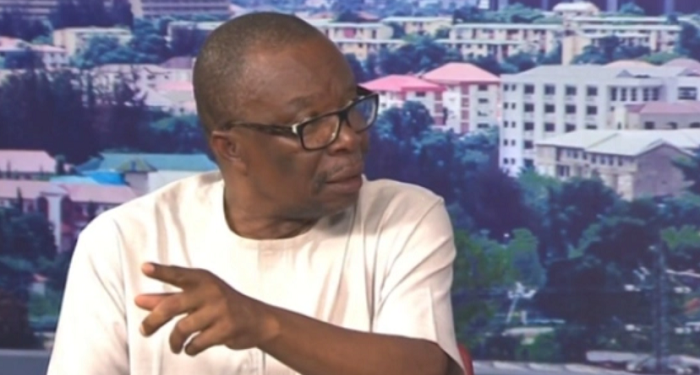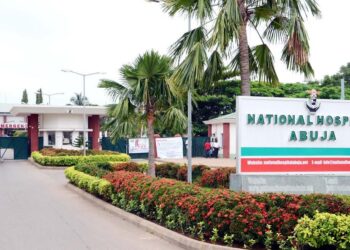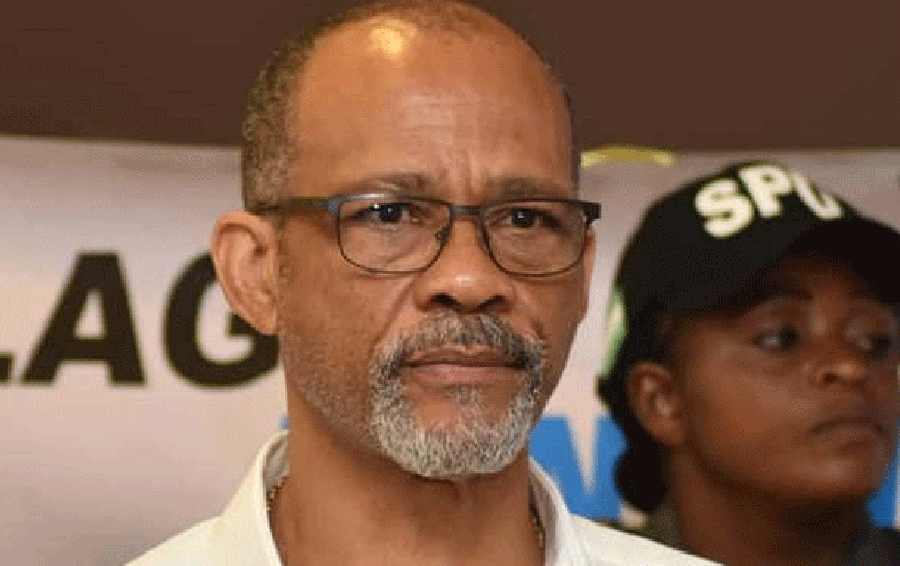With the sustained japa trend over the years, many Nigerian policymakers and well-wishers are worried there is a looming skilled labour crisis due to brain drain.
However, international migration researchers are increasingly noting a new phenomenon they call “brain circulation” whereby talented people leave, settle down abroad and later return to their home countries with their intellectual assets, and yet are not fully “lost” to either place.
Studies point, at least partially, to the economic success stories of countries like China, India, and Israel. For example, by 2000, over one-third of Silicon Valley’s high-skilled workers were foreign-born, and overwhelmingly from Asia. These U.S-educated engineers are transforming developmental opportunities for formerly peripheral regions as they build professional and business connections to their home countries.
In a process more akin to brain circulation than brain drain, these engineers and entrepreneurs, aided by the lowered transaction costs associated with digitization, are transferring technical and institutional know-how between distant regional economies faster and more flexibly than most large corporations.
Dr Akintoye Akindele, an investment professional with over 25 years of experience, propounded just that in a working paper titled Beyond Remittances: Unlocking the True value of the African Diaspora. According to him, Nigeria’s economic breakthrough could very well be made possible by diaspora assets, not necessarily from the current annual remittances of $22 billion but from knowledge and skills circulation.
He opined that Nigerians abroad, who have marinated the wealth of knowledge and skills of those developed countries, should transfer the same to the homeland.
Focus on the stats
As of 2020, more than 17 million Nigerians live abroad and have acquired various skills in developed countries.
There is no gainsaying the fact that Nigeria’s diaspora population is endowed with knowledge and skills. For instance, Nigeria has the third-highest number of foreign doctors working in the UK. The only certified cardio nephrologist in the country is of Nigerian origin.
37% of Nigerian Americans hold a bachelor’s degree and 17% hold a master’s degree. Although Nigerians account for less than 1% of the black population in the US, they make up 25% of all black students at Harvard Business School.
About 100,000 Nigerian students go abroad for studies annually.
Paradoxically, $1 billion is spent annually on medical tourism in Nigeria. Doctor to patient ratio is 1:6000, 10 times less than the World Health Organisation’s recommended 1:600. That is due to poor availability of skilled personnel and poor health facilities. The number of practising medical doctors in Nigeria is approximately 35,000.
Education-wise, about 10.5 million children in Nigeria are out of school; 40% of primary school teachers in Nigeria are not qualified.
The rate of education accessibility in Nigeria is 20.1%. Nigeria’s share of the global shortage of teachers is a staggering 12%.
There is a huge knowledge and skills gap between the diaspora population and the homeland that should be narrowed to catch up with global development speed.
Nigerians in diaspora are willing to return home, but…
The Chief Executive Officer of Anthill Concepts Limited, Dr Emeka Okengwu told Nairametrics that Nigerians that have acquired skills abroad are willing and eager to invest their technical assets back home but in many instances are denied the capacity to do so because they may not fit into the system back home. This, he said, is due to poor infrastructure and facilities back home, where highly skilled professionals cannot fit in.
Also in an interview with Nairametrics, Professor of capital markets, Joseph Uwaleke, said whereas most Nigerians are willing to come back home, challenges such as insecurity and lack of opportunities put them in a difficult position. As a result, most opt to stay in the host countries where life is better and opportunities abound.
He contrasted the Chinese, Indian and Israeli experiences to Nigeria’s, citing that the environment to return to those countries are far more attractive compared to Nigeria.
Also, professor of economics, Gbenga Gbangbose, said for some Nigerian professionals living abroad, knowledge circulation is not possible because their fields of specialization are not practised in Nigeria.
He said such professionals as nuclear physicists, for example, would be idle in Nigeria because there are no facilities to support their practice.
The view cited above syncs with the experiences of other African countries. For example, in a forum organized by the Africa Development Bank in 2018, participants identified reasons why well-trained people remain abroad. The reasons include poor policies and governance at home and a lack of incentives and infrastructure to attract them to return.
China was cited as a good example where the government established infrastructure to attract thousands of students sent annually to America and Europe to study. There is a close relationship between the Chinese government and the students abroad that enables skills to be ‘repatriated’ back home and this has been partly responsible for China’s fast development and economic boom.
Dr Thomas Auf der Heyde, the Deputy Director-General for South Africa’s Research and Development Support Department of Science and Technology, shared his country’s experiences on the subject. He said South Africa has reached the equilibrium point where the number of highly skilled people leaving the country is equal to those coming into the country.
According to him, “This involved a lot of innovations to attract the best brains to remain in, or come back to the country. For instance, South Africa developed strategic national programs such as the Astronomy Radio telescope. The country also created the right conditions at home.”
Heyde added that scientists are also paid handsomely.
Nigerians abroad still connect to Nigeria
While Nigerians in the diaspora have flourished abroad, they have also tried to engage the homeland but have been met with some stiff challenges.
Many Nigerians in the diaspora are willing and able to provide support to key sectors such as education, health, and engineering but do not know the channels to follow.
Akindele said that is due to pertinent underlying issues including trust, civil and political unrest and the uncertainty that stokes fear of political and security situations across the country, poor enabling environment to foster growth, inadequate infrastructure and lack of understanding of local terrain and policy.
These issues hamper the willingness of the diaspora to make long-term home-based investment and contribution decisions.
Nigerians abroad have often had difficulty planning and coordinating their investments in the country without their physical presence. There is always the issue of how they will monitor progress remotely and get true updates, infrastructure challenges, etc.
Many Nigerians that have acquired knowledge and honed their skills abroad are eager to come back. That is demonstrated in the fact that most professors in Nigerian universities today were in one way or another trained abroad, but came back and are serving the homeland.
The willingness to return and circulate knowledge is intrinsic in Nigerians. But the right environment to serve should be created, as it was in South Africa.
Nigeria needs all of her brain assets to circulate for development and prosperity.
Given some semblance of the right environment, that trend seems to be playing out already. Listing examples from the known to the unknown, we see that in the fintech subindustry, Nigerians are already shoring up brain circulation.
Olugbenga Agboola, a co-founder and CEO of Flutterwave, obtained his Master of Business Administration from the Massachusetts Institute of Technology (MIT) Sloan School of Management, Cambridge. Olugbenga Agboola also possesses a master’s degree in Information Technology Security and Behavioural Engineering.
He obtained his standard IT security certifications from EC-Council University, located in Albuquerque, New Mexico. After that, he obtained his Project Management and Advanced Computing degree from the University of Westminster in London, England.
Upon bagging the above-listed degrees and more, Agboola returned to Nigeria to circulate his wealth of knowledge, hence the national asset in Flutterwave.
Tayo Oviosu is the founder and group CEO of Paga, a mobile payments company that is focused on digitizing cash in emerging economies. Oviosu is a graduate of Electrical Engineering from the University of Southern California and also has a master’s degree in Business Administration from the Graduate School of Business, Stanford University. He formerly served as Manager of Corporate Development at Cisco Systems in San Jose California.
Oviosu is circulating his brain in the fintech subindustry. With his intellectual investment, we have at our service, Paga.
Examples in other industries abound. And it’s from the known to the unknown. In the medical field, and engineering, to name a few, Nigerians are demonstrating interest in giving back to their home country what intellectual assets they have acquired.



















